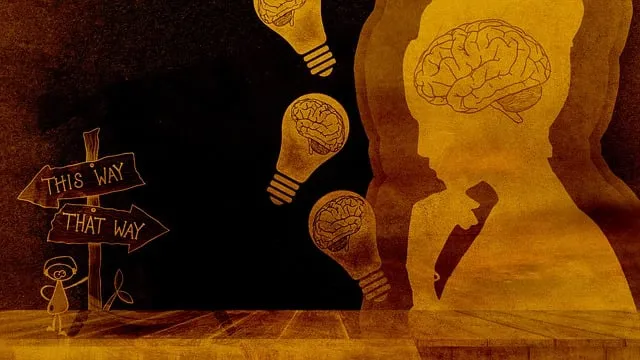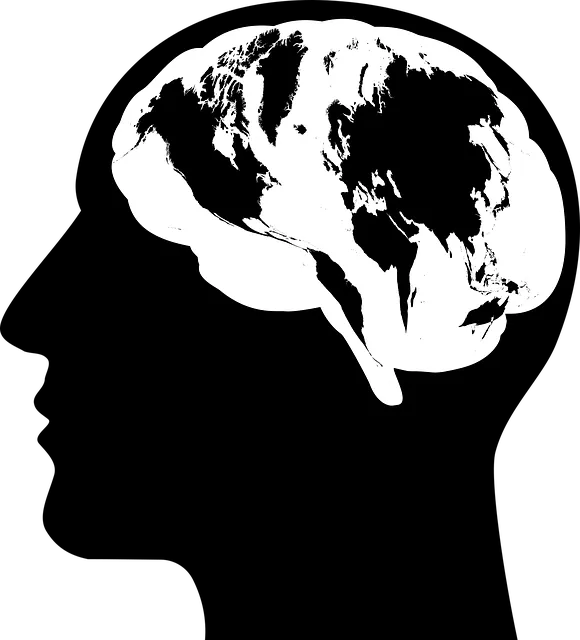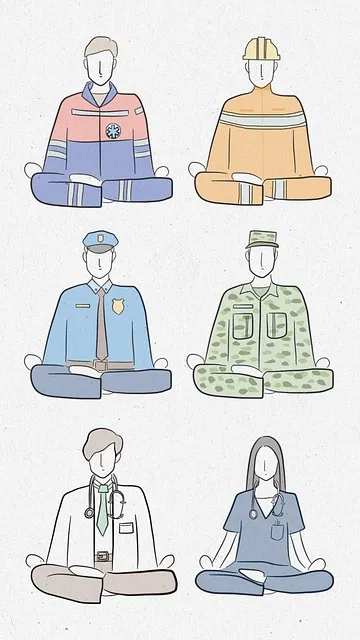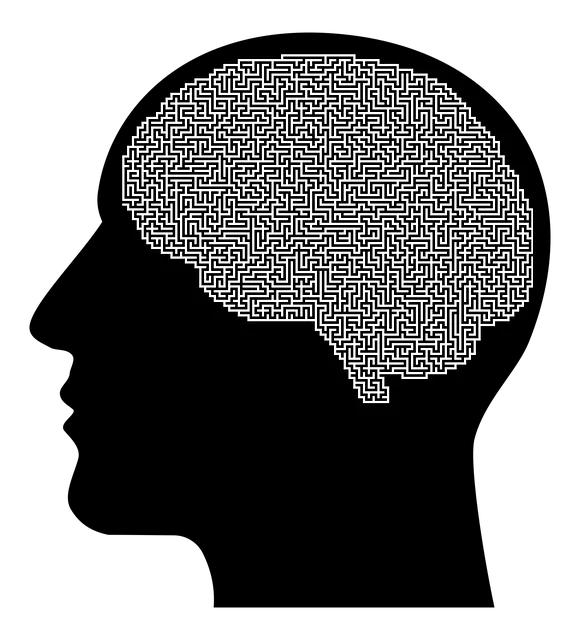Kaiser Permanente mental health locations in Greenwood Village utilize the RFM (Resilience, Flexibility, Mastery) model to transform patient well-being. This structured framework integrates recovery from setbacks, adaptability to change, and life control into therapeutic practices and community outreach. By implementing evidence-based RFM exercises, patients gain stress management tools, self-awareness exercises, and a sense of control, empowering them to lead more fulfilling lives despite challenges. Success is measured through clear goals and metrics like participant engagement and crisis intervention requests, allowing for continuous improvement and enhanced resilience among individuals seeking support at these locations.
At Kaiser Permanente’s mental health locations in Greenwood Village, implementing RFM (Resilience, Flexibility, and Mobilization) exercises has emerged as a transformative strategy. This approach, designed to build resilience, empowers individuals to navigate life’s challenges with greater agility. The article delves into the integration of RFM within Kaiser Permanente’s care framework, detailing its successful implementation and measurable impact. Through case studies and expert insights, we explore how these exercises enhance well-being, fostering a more robust and adaptable community at Greenwood Village.
- Understanding RFM and Its Role in Resilience Building
- Implementing RFM Exercises at Kaiser Permanente Mental Health Locations in Greenwood Village
- Measuring Success and Continuous Improvement
Understanding RFM and Its Role in Resilience Building

Resilience is a vital aspect of mental well-being, enabling individuals to navigate life’s challenges and maintain emotional balance. The RFM (Recovery, Flexibility, and Mastery) model offers a structured framework for fostering resilience. This approach recognizes that building resilience involves three key components: recovery from setbacks, adaptability in the face of change, and taking control over one’s life. By focusing on these aspects, individuals can enhance their ability to cope with stress and adversity.
At Kaiser Permanente mental health locations in Greenwood Village, the RFM model is integrated into various therapeutic practices and community outreach programs. The Community Outreach Program Implementation aims to make emotional healing processes more accessible by educating and empowering individuals to manage their mood and build resilience. Through group sessions and individual counseling, patients learn strategies to promote recovery, adapt to life transitions, and regain a sense of mastery over their lives. This holistic approach to mental health care reflects the organization’s commitment to supporting the well-being of the community.
Implementing RFM Exercises at Kaiser Permanente Mental Health Locations in Greenwood Village

Implementing RFM (Resilience, Flexibility, and Mastery) exercises at Kaiser Permanente mental health locations in Greenwood Village offers a transformative approach to supporting patient well-being. These evidence-based practices are tailored to cultivate resilience, enhancing individuals’ ability to navigate life’s challenges with greater ease. By integrating RFM into the existing framework of Kaiser Permanente’s mental health services, patients gain valuable tools for stress management and self-awareness exercises, fostering a sense of control and empowerment.
The implementation strategy involves incorporating specific RFM techniques into regular therapy sessions and group support programs. This might include mindfulness practices to enhance focus and reduce anxiety, cognitive reframing exercises for building mental flexibility, and mastery experiences designed to boost confidence in navigating difficult situations. The goal is to empower patients with skills that promote mental wellness coaching programs development, enabling them to lead more fulfilling lives despite external challenges.
Measuring Success and Continuous Improvement

Measuring Success and Continuous Improvement play a pivotal role in the effectiveness of RFM (Resilience, Flexibility, and Mastery) programs at Kaiser Permanente mental health locations like Greenwood Village. By setting clear, quantifiable goals, the success of these initiatives can be accurately assessed. Metrics such as participant engagement levels, improvements in coping skills development, and reductions in crisis intervention requests serve as indicators of progress. Regularly reviewing these data points allows for informed adjustments to the implemented Empathy Building Strategies and Crisis Intervention Guidance.
This ongoing evaluation process ensures that the programs remain relevant and impactful. Over time, it becomes possible to identify areas where specific interventions are particularly effective or need refinement. Such insights enable the continuous improvement of services, ultimately enhancing the overall resilience and well-being of individuals seeking support at Kaiser Permanente mental health locations.
The implementation of RFM exercises at Kaiser Permanente mental health locations in Greenwood Village has shown promising results in building resilience among patients. By understanding the power of RFM, these healthcare providers are equipping individuals with essential tools to navigate life’s challenges. Continuous improvement through measured success ensures that this innovative approach enhances well-being and fosters a more resilient community, specifically tailored to the unique needs of Kaiser Permanente mental health locations in Greenwood Village.






